


Directors
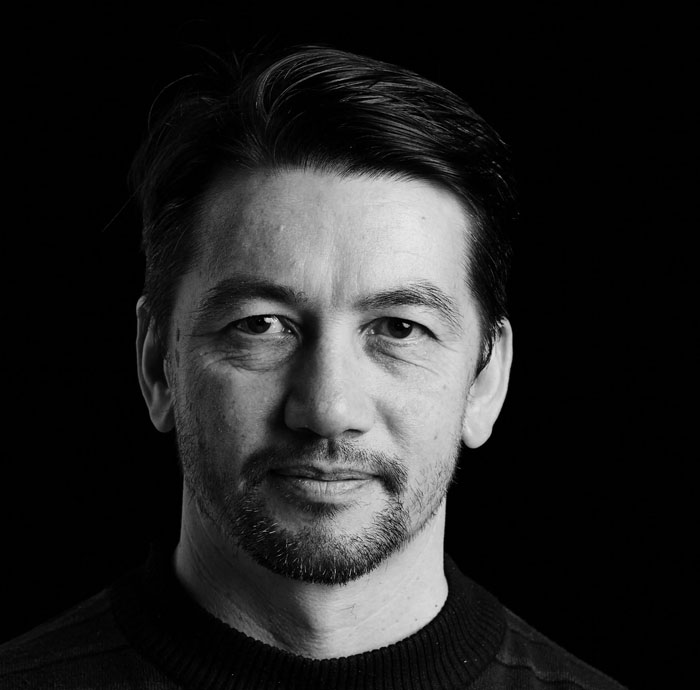
Associate Professor John McCormick
Acting Director
John McCormick is a technology-based artist and researcher. He is Associate Professor in Interactive Media at Swinburne teaching in the areas of Previsualization and Mixed Reality. His areas of interest include human-robot interaction, artificial intelligence, augmented, virtual and mixed realities, human movement and artificial neural networks. He has collaborated on works worldwide, including at peak festivals ISEA, ZERO1SJ, SIGGRAPH, Melbourne Festival, Venice Biennale, Siggraph Asia, Institute of Contemporary Art (ICA) London, Ars Electronica and Art Science Museum Singapore. John was an Australian Antarctic Arts Fellow in 2019-2020 travelling on the last vouage of the ice breaker RSV Aurora Australis to Antarctica and he continues to developpublic outcomes that explore the Antarctic experience.

Professor Melanie Swalwell
Acting Deputy Director
Melanie Swalwell is Professor of Digital Media Heritage. Her research focuses on the creation, use, preservation, and legacy of complex digital artefacts such as videogames and media artworks.
Melanie is the author of Homebrew Gaming and the Beginnings of Vernacular Digitality (MIT Press), editor of Game History and the Local, and co-editor of Fans and Videogames: Histories, Fandom, Archives (Routledge, 2017) and The Pleasures of Computer Gaming: Essays on cultural history, theory and aesthetics (McFarland, 2008). As well as traditional publications, she has curated exhibitions and datasets, authored interactive essays, collected popular memories, and organised the preservation of digital artefacts. Melanie is frequently sought out for comment on the histories of games and computing, and has presented her research at many conferences nationally and internationally. Her most recent keynotes were at DH Days (Lausanne, Switzerland, 2022), and Collaborative Game Histories (Tampere, Finland, 2019).
Melanie manages the running of the Digital Heritage Lab at Swinburne, which is a facility for the imaging of disks and emulation of digital artefacts. She is currently leading three digital preservation projects: “Play It Again: Preserving Australian videogame history of the 1990s”, and “Archiving Australian Media Arts: Towards a best practice method and national collection”, and the rollout of the “Australian Emulation Network”, an ARC LIEF project awarded to a consortium of universities and GLAM organisations.
An ARC Future Fellow from 2014-18, Melanie is currently writing the monograph from this research Creative Micro-computing in Australia, 1976-92 and completing an anthology Crafting, Hacking, Making.
Theme leaders
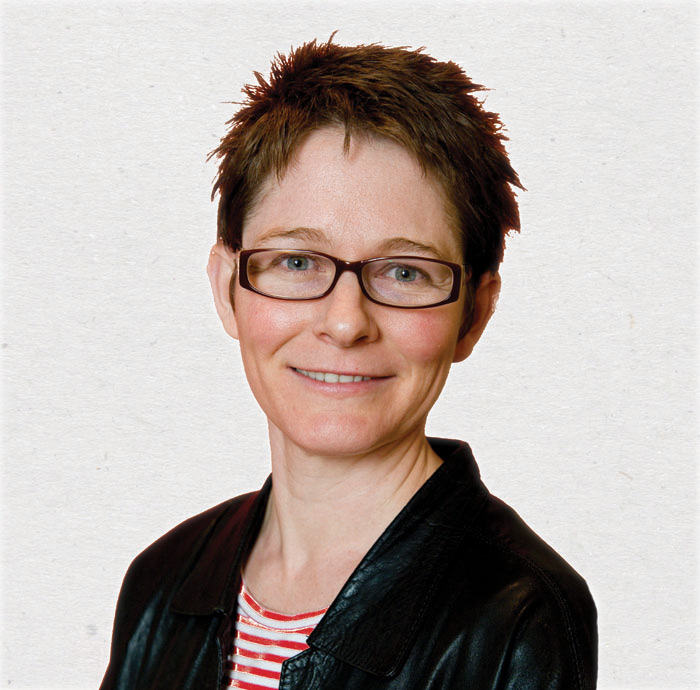
Melanie Swalwell
Theme Leader: Digital Cultural Heritage
Melanie Swalwell is Professor of Digital Media Heritage. Her research centres on newer media with particular attention to media arts and digital games, as well as the intersections of these. Melanie has authored chapters and articles in both traditional and interactive formats, curated exhibitions and datasets, collected popular memories, and organised the preservation of digital artefacts. She is co-editor of The Pleasures of Computer Gaming: Essays on cultural history, theory and aesthetics (McFarland, 2008), and Fans and Videogames: Histories, fandom, archives (Routledge, 2017). A former ARC Future Fellow, she is currently completing a monograph, Homebrew Gaming and the Beginnings of Vernacular Digitality (MIT Press) and editing another two collections, Game History and the Local, and Crafting, Hacking, Making. Her grant projects include: Archiving Australian Media Arts: Towards a method and national collection (ARC Linkage, 2019-21); Play It Again: Preserving Australian videogame history of the 1990s (ARC Linkage, 2019-21); Creative Micro-computing in Australia, 1976-1992 (ARC Future Fellowship 2014-18); Play It Again: Creating a Playable History of Australasian Digital Games, for Industry, Community and Research Purposes (ARC Linkage, 2012-14). She has presented her research at many conferences nationally and internationally. Recent invited addresses and keynotes include: the Central and Eastern European Game Studies conference, CEEGS, Trnava, Slovak Republic, 2017; the Digital Games Research Association DiGRA, Melbourne 2017; the New Media Histories conference, Lodz, 2014; the First International Histories of Games conference, Montreal, 2013; the Australasian Interactive Entertainment Conference, Melbourne, 2013; and the inaugural Digital Nationz Expo, Auckland, 2013.
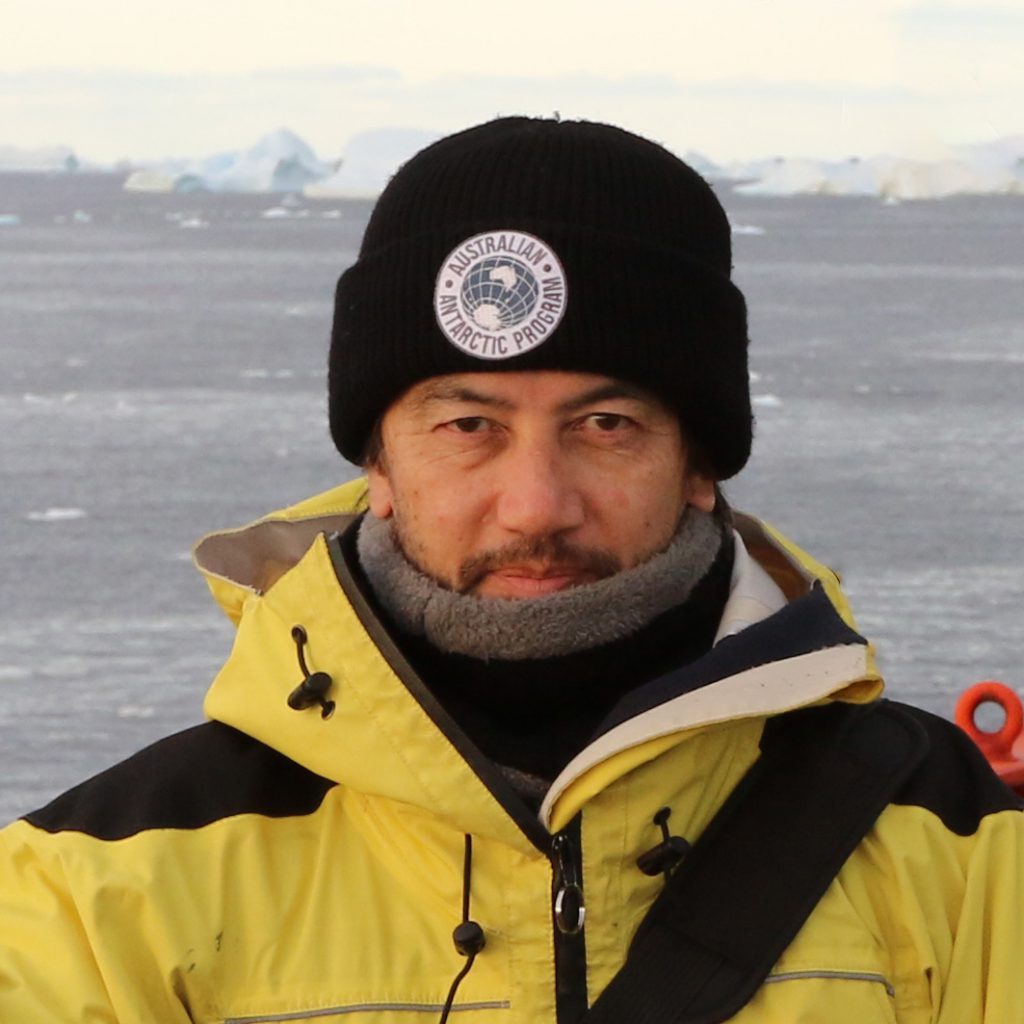
John McCormick
Theme Leader: Creative Arts 4.0
John McCormick is a technology-based artist and researcher. He is Associate Professor in Interactive Media at Swinburne teaching in the areas of Previsualization and Mixed Reality. His areas of interest include human-robot interaction, artificial intelligence, augmented, virtual and mixed realities, human movement and artificial neural networks. He has collaborated on works worldwide, including at peak festivals ISEA, ZERO1SJ, SIGGRAPH, Melbourne Festival, Venice Biennale, Siggraph Asia, Institute of Contemporary Art (ICA) London, Ars Electronica and Art Science Museum Singapore.
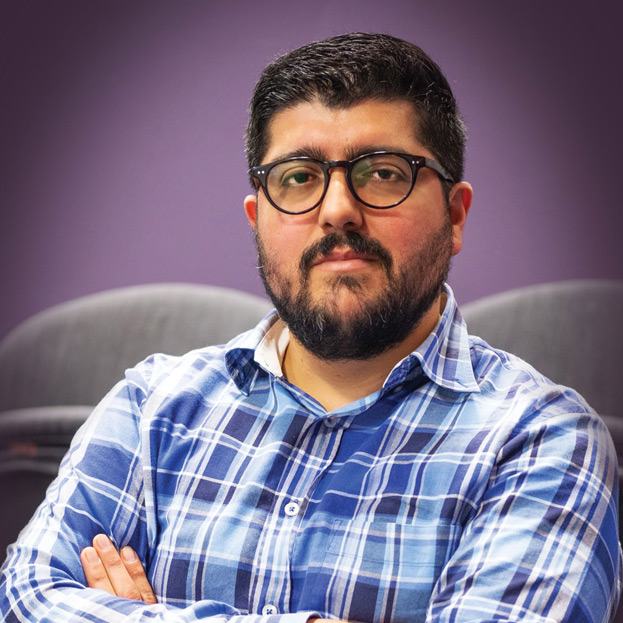
Dr César Albarran-Torres
Theme Leader: Tech Media Culture
César is a lecturer in Media and Communication. His current research focuses on what he calls gamble-play media, hybrid platforms where gambling and digital interactive media intersect. Other research interests include film and television, as well as the negotiations between social media and politics in Mexico, particularly concerning the drug cartels. His book Digital Gambling: Theorizing Gamble-Play Media was published in April 2018. He is the former editor of Cine PREMIERE (Mexico) and the founding editor of www.cinepremiere.com.mx, the most widely read film website in the Spanish-speaking world.
Research and Teaching Connections Leader

A/Prof Liam Burke
Liam Burke is the coordinator of the Cinema and Screen Studies Major. Liam has written and edited a number of books including Superhero Movies, Fan Phenomena: Batman, and The Comic Book Film Adaptation, and the co-edited collection The Superhero (in press, 2019). Liam is a chief investigator on the Superheroes research project with ACMI, which was responsible for Cleverman: The Exhibition and Superheroes: Realities Collide VR experience. Liam directed the documentary short film @HOME as part of the New Media, Ageing, and Migration.
Development team
Our specialist in house development team supports creative practice research and development in immersive and interactive media. We are experts in all aspects of motion capture and AR, VR and MR development, providing end-to-end support – from ideation and prototype to finished product. If you can think it, we can do it.
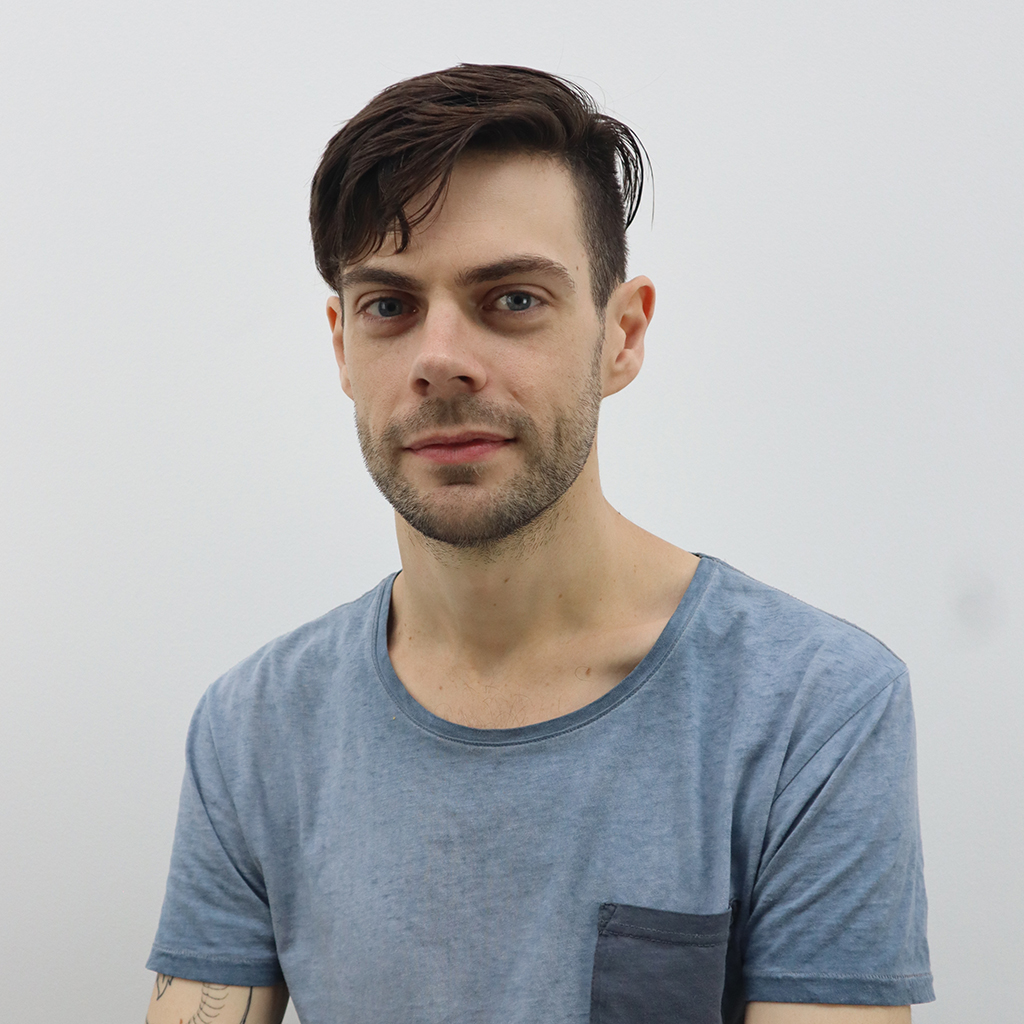
Adam Carr (They/Them)
Studio Manager
Adam is a multidisciplinary developer and artist with a passion for bringing technology to other creative mediums. His dream projects involve bringing social experiences to immersive virtual worlds through online networking. He is a mentor with great enthusiasm to see new developers grow, and enjoys building pipelines and bots for the convenience of the team.
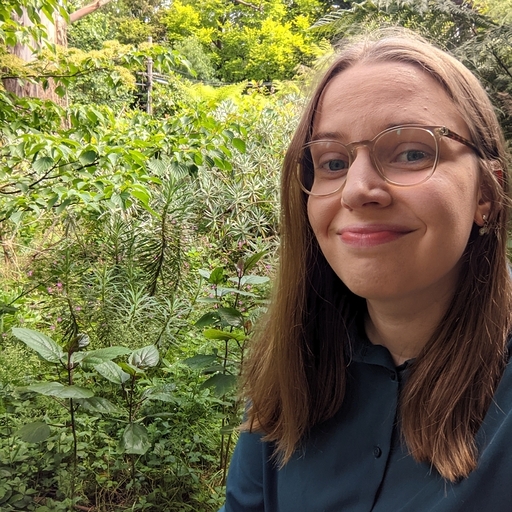
Casey Dalbo (She/Her)
Creative Developer
Casey is a multidisciplinary artist with an emphasis on 3D graphics and UI/UX development. She models and textures high-quality props and assets to build immersive virtual worlds. Casey enjoys experimenting with different art styles, tools and pipelines to give something different to every project. She is passionate about furthering team building and collaborative processes within the studio.

Casey Richardson (He/Him)
Creative Developer
Casey is a multidisciplinary artist and developer with a passion for character art and accessible gameplay. In his latest project Casey has been able to foster his leadership qualities, taking on project lead roles with the support of an amazing team. He firmly believes that good open communication, understanding and encouragement build a strong collaborative team.
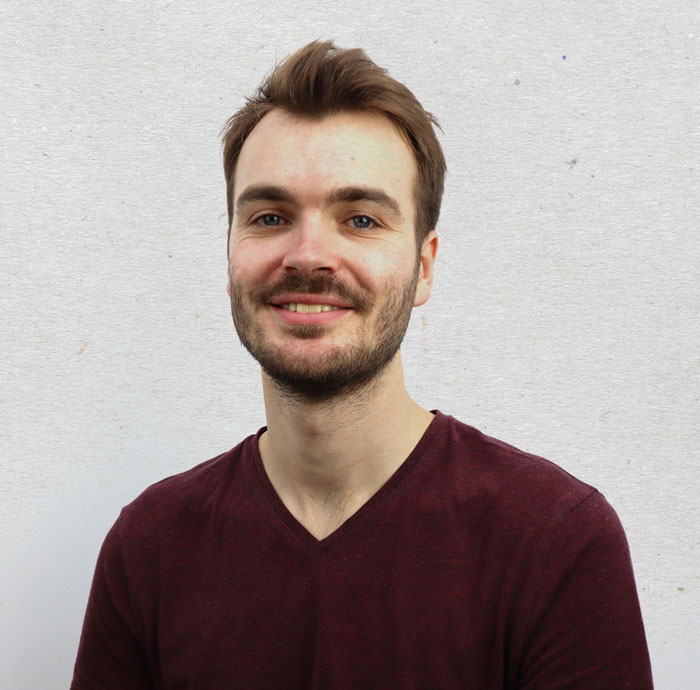
Joshua Reason (He/Him)
Creative Developer
Joshua is a software developer with a background in VR and Game development. He collaborates with artists to bring life to transformative media projects. In his down time, Joshua focuses on Pipeline development where he creates tools to ease the work of his fellow teammates.
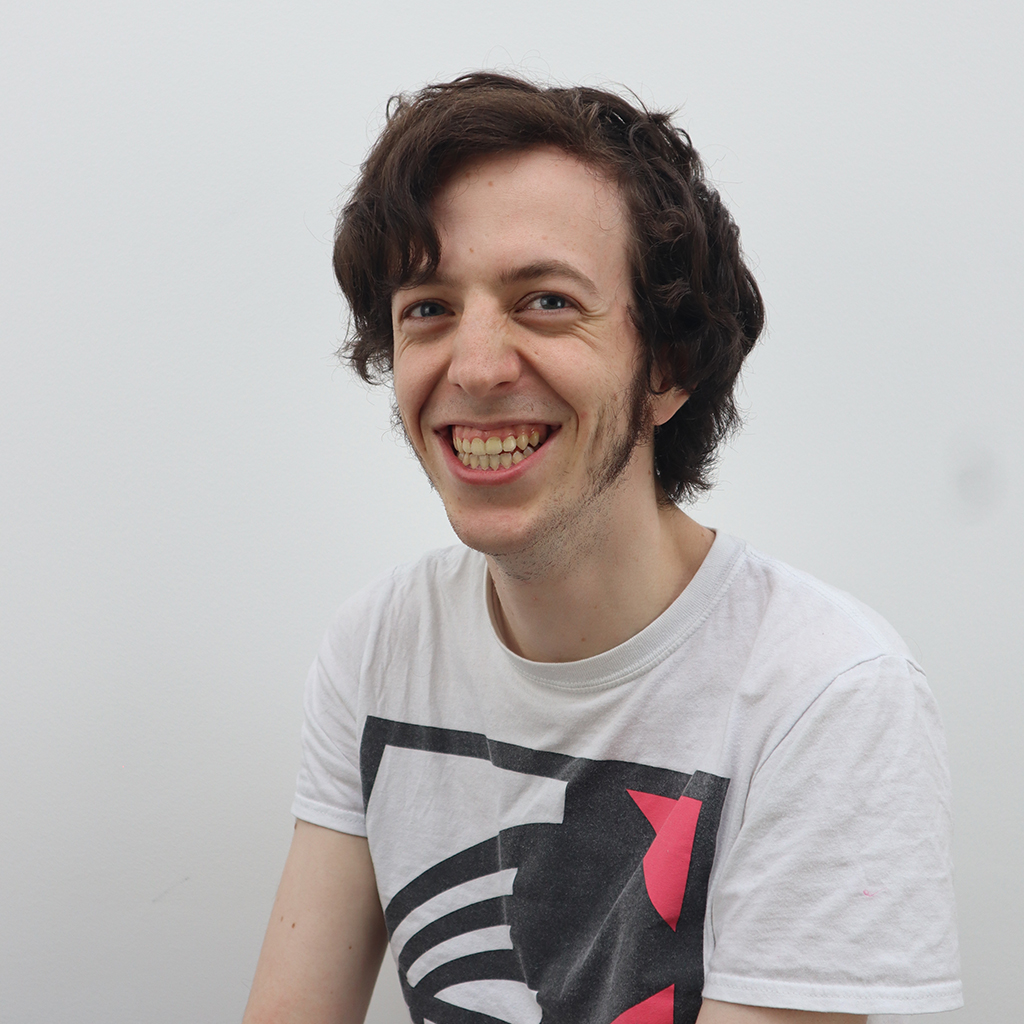
Haydon Bakker (He/Him)
Creative Developer
Haydon is a technical designer with experience in games programming. Haydon brings unprecedented energy and enthusiasm to every project, liaisons with clients to help them find concrete requirements and amicable solutions, and uses his experience and knowledge of the industry to apply game principles to new and innovative ventures.
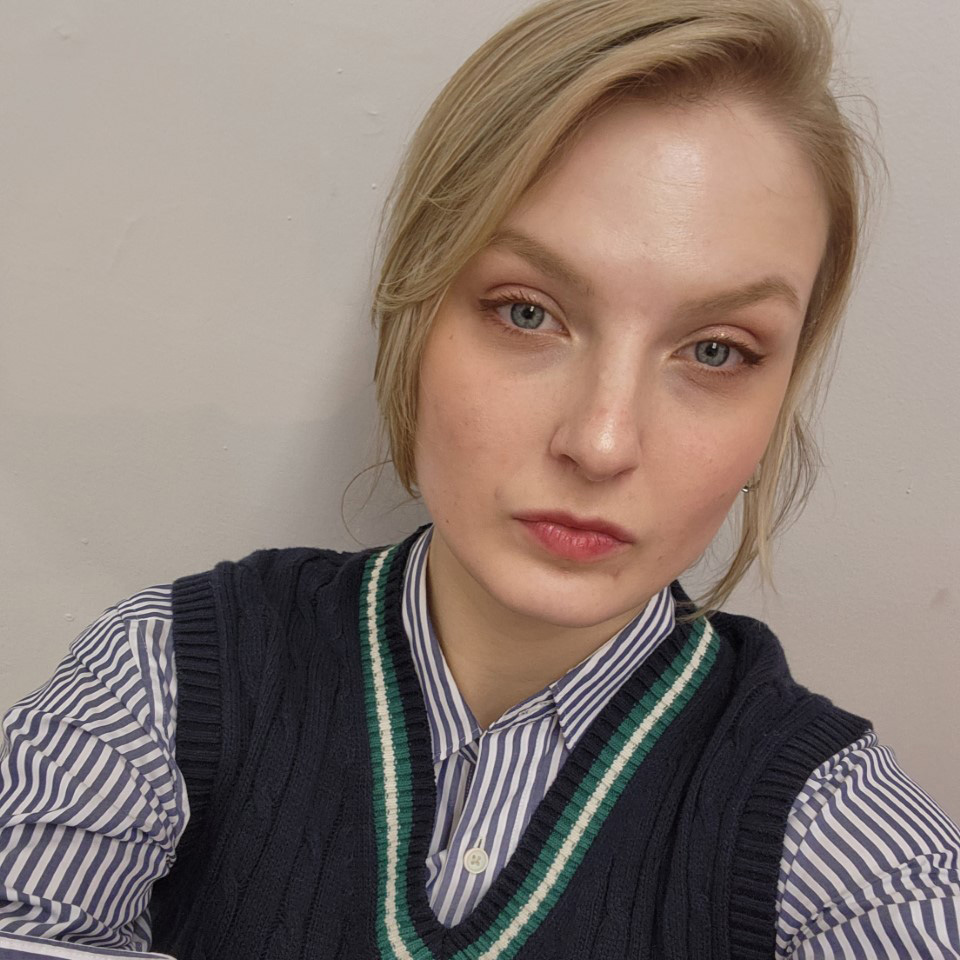
Emrys McFerran (She/Her)
Creative Developer
Emrys is a 3D Artist who specialises in asset creation and world building. She enjoys all aspects of the 3D pipeline from concepting, to animation, and compositing. Emrys initially started her 3D journey studying compositing and VFX for Screen and Media as well as Motion Capture, and has since come to love the creative freedom and amazing technologies that working with Swinburne’s CTMT has to offer.
Researchers
The Centre for Transformative Media Technologies brings together over 20 researchers, artists and developers from the creative arts, humanities and social sciences. We work collaboratively across disciplinary and conceptual lines to understand and proactively advance the power of new media technologies to transform art, culture, industry and human experience.
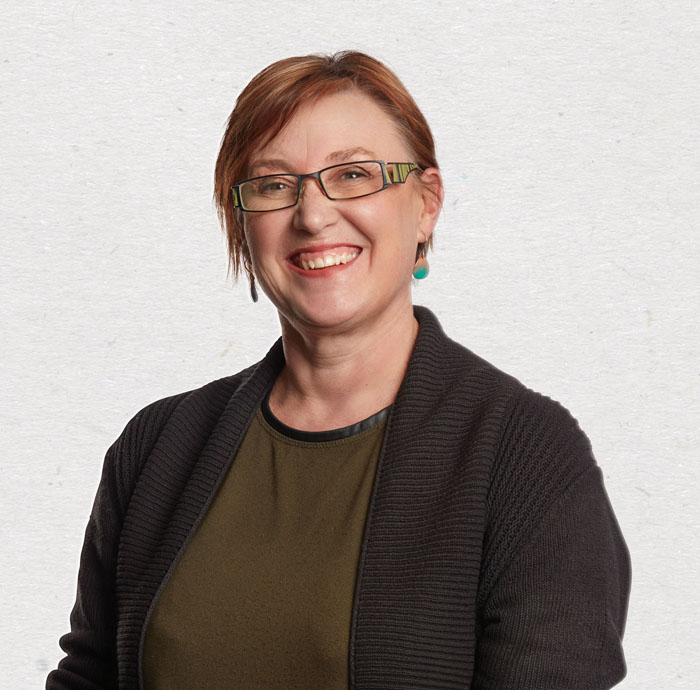
Professor Kim Vincs
Kim Vincs is a leading researcher in the creative arts, with six Australian Research Council grants, 50+ industry partnerships, and 30+ arts/science collaborations across motion capture, game development, robotics, haptics, app design, 3D stereoscopy, artificial intelligence, virtual reality, augmented reality, cognitive psychology, biomechanics, mathematics, architecture and exercise science. Vincs’s industry partnerships include national and International companies such as Autodesk, Motion Analysis, Act3animation, Iloura, Alt.vfx, Arts Access Victoria, Victorian Opera and Australian Dance Theatre. She has commercial motion capture credits including the Cannes Silver Lion winning Nocturnal Migration. Kim integrates scientific, technological and artistic methodologies to deliver innovative research to digital and performing arts industries, companies and communities. Her work spans creative technology for performance, digital scenography, VR, AR and robotics applications for motion capture technology. She was a choreographer for 20 years, and created 21 digital technology artworks for the Melbourne Festival and White Night Melbourne. Recent works include The Crack Up, which premiered at the Merlyn Theatre, Coopers Malthouse, in October 2014; Multiverse, with Garry Stewart and Australian Dance Theatre and 3D digital scenography for the Victorian Opera’s production of The Flying Dutchman, 2015 and Four Saints in Three Acts, 2016. Her works have been shortlisted for Greenroom, Australian Dance and AEAF awards. The Flying Dutchman was a finalist in Unity’s 2015 Unite. In 2017, she led an interdisciplinary and cross-institutional team with an ARC LIEF grant, establishing the Collaborative Embodied Movement Design Network. Vincs is an award-winning educator with expertise in collaborative, interdisciplinary curriculum design linking art, technology, science and humanities. She has two Carrick National Teaching Awards; a National Teaching Award, Arts and Humanities and Citation for Outstanding Contribution to Student Learning. Vincs joined the Department of Film and Animation at Swinburne in 2017 where she is a Research Director. Before joining Swinburne, she founded Deakin University’s Deakin Motion.Lab.
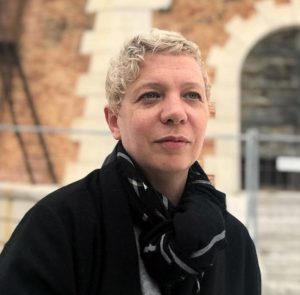
A/Prof Petra Gemeinboeck
Petra Gemeinboeck is an internationally recognised artist and researcher engaging questions of embodiment and agency in human-machine relations. Petra is an ARC Future Fellow (2021-2025) and leads the Human-Robot Experience (HRX) project, which expands human-robot interaction (HRI) through a relational-performative co-design framework. She also leads the FWF PEEK artistic research project ‘Dancing with the Nonhuman’ at the University of Applied Arts Vienna (2019-2022), and previously led the ARC Discovery Project ‘Performative Body-Mapping’ (2016-2019).
Petra’s transdisciplinary research spans the experimental arts, performance, robotics, AI and new materialism and challenges the sociotechnical discourse around disruptive technologies including Virtual Reality, Surveillance and Social Robotics. Her artworks have been shown internationally, including at the Museum of Contemporary Art (MCA) Chicago, US; National Art Museum China (Beijing, CN); NTT InterCommunication Center (Tokyo, JP); and Ars Electronica Center, AT. Petra also publishes widely on machine performance and new materialist approaches to human-robot interaction. She was lead editor of a special issue on Creative Robotics, The Fibreculture Journal (FCJ28, 2017), the first cross-disciplinary critical inquiry into dominant robotics practices.
Petra was a Finalist in the National New Media Award 2012, Gallery of Modern Art (GOMA) Brisbane, and was awarded a number of international artist residencies, incl. at Ars Electronica Futurelab, AT. In 2015, she founded the Machine Movement Lab (MML) project, together with Rob Saunders (Leiden University, NL). Before joining Swinburne, Petra was a Senior Research Fellow at Falmouth University, UK (2018-2019), and Senior Lecturer at Art & Design, University of New South Wales (2009-2020), where she was Director of Postgraduate Research, and Deputy Director of the Creative Robotics Lab, National Institute for Experimental Arts (NIEA).
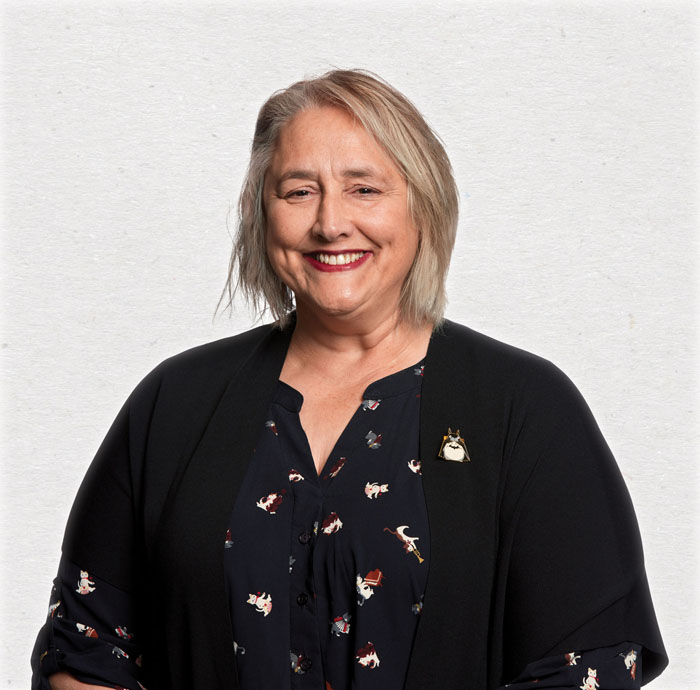
Prof Angela Ndalianis
Adjunct
Angela Ndalianis is Research Professor in Media and Entertainment. Her research focuses on entertainment culture (films, video games, television, VR, comic books and theme parks) and the history of media technologies and how they mediate our experience of the world around us. Her expertise is in the transformative nature of media technologies – past and present – and how technologies impact on embodiment, the senses and perception. Her research focuses on the transhistorical and transcultural manifestation of the baroque as a perceptual regime driven by technological innovation. One of her passions is to explore the ramifications of many of these issues through the genres of horror and science fiction. Her publications include Neo-Baroque Aesthetics and Contemporary Entertainment (MIT Press 2004), Science Fiction Experiences (New Academia 2010), The Horror Sensorium: Media and the Senses (McFarland 2012) and the edited books The Contemporary Comic Book Superhero (editor, Routledge 2009), Neo-baroques: From Latin America to the Hollywood Blockbuster (co-editor, Rodopi Press/Brill 2016), and Fans and Videogames: Histories, Fandom, Archives (co-editor, Routledge, 2017.
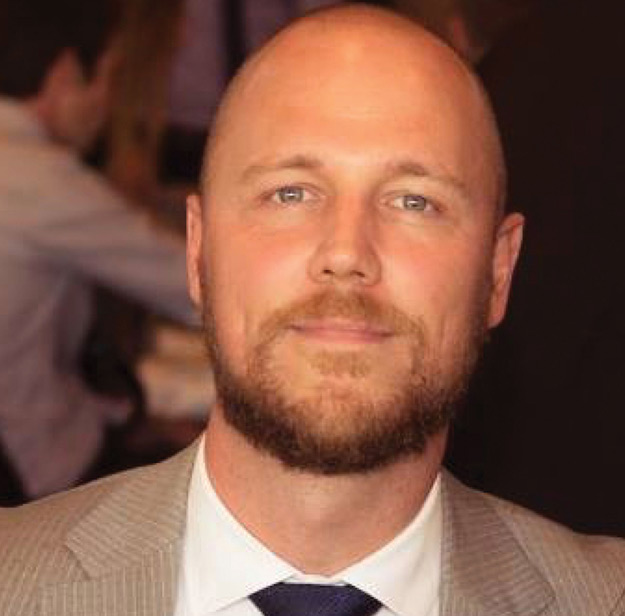
Dr Steven Conway
Steven Conway is senior lecturer in Games & Interactivity. He has presented on many aspects of play, philosophy, aesthetics and culture and has had a variety of articles published in journals such as Convergence, Eludamos, Game Studies, the Journal of Gaming & Virtual Worlds, the Sociology of Sport Journal and Westminster Papers in Communication & Culture. Steven is also co-editor of the first collection in academia on the relationship between policy and digital games, Video Game Policy: Production, Distribution and Consumption.

Prof Kay Cook
Kay Cook is a Professor and the Associate Dean of Research in the School of Social Sciences, Media, Film and Education at Swinburne University of Technology. Her research explores how new and developing social policies such as welfare-to-work, child support and child care policies, transform relationships between individuals, families and the state. Her work seeks to make the personal impact of these policies explicit in order to provide tangible evidence to policy makers to affect more humanistic reform.
Her Australian Research Council Future Fellowship (2017-2020) examined the personal, practical and institutional barriers to child support faced by women in Australia, the UK and USA. This project built on Professor Cook’s gender critique of child support policymaking, data practices and implementation in order to strike a more equitable balance between women’s responsibility for managing child support payments and the social, administrative and political context in which this responsibility exists. More recently, her work has examined how economic abuse is perpetrated through banking, financial and government systems.
Professor Cook’s research has contributed to numerous parliamentary inquries and academic processes. She was an advisor on the development of the Australian Bureau of Statistics’ 2010 General Social Survey, was the Editor-in-Chief of the Journal of Family Studies from 2012 – 2018, a Co-Director of the International Network of Child Support Scholars, and is the current Secretary of The Australian Sociological Association.

Prof Anne Cranny-Francis
Adjunct
Anne Cranny-Francis is a Professor and Adjunct Research Fellow at Swinburne University of Technology. Her research on the body has combined with the study of multimedia in extensive work on the relationship between individual subjects, sensory regimes, cultures and contemporary technologies, particularly touch-based (haptic) technologies. Her books include Popular Culture (1994), The Body in the Text (1995), Multimedia: Texts and Contexts (2005) and Technology and Touch: the Biopolitics of Emerging Technologies (2013).
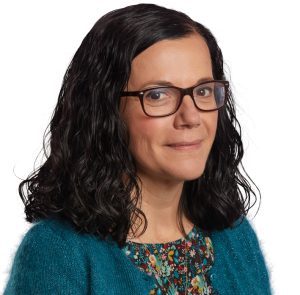
Dr Samantha Edwards-Vandenhoek
Samantha Edwards-Vandenhoek is a multi-award-winning community-based design researcher, digital media artist and educator. Partnering with art centres, museums and schools, Samantha’s research seeks to advance the role of place-based design, media and filmmaking practices in remote Aboriginal and Torres Strait Islander community development; fostering social well-being, knowledge transfer, intercultural collaboration and economic resilience. In 2019, she was the recipient of the highly prestigious International Good Design Award for Social Impact for ‘Our Journey’, an animated film made with the Melbourne Indigenous Transition School and Australia Chamber Orchestra. Funded by the Australian Government and developed in partnership with Indigenous designers, artists and community organisations, Samantha coordinates Marngo Designing Futures, an aspiration initiative that connects Aboriginal and Torres Strait Islander young people with University through the world of culture-centred design and digital storytelling technologies – Marngo Design Futures. Recognised for her contributions to teaching, service and research, Samantha has been awarded the 2011 Vice Chancellor’s Award for Teaching Excellence, 2016 Vice Chancellors Award for Community Engagement and 2018 Vice Chancellor’s Award for Reconciliation.
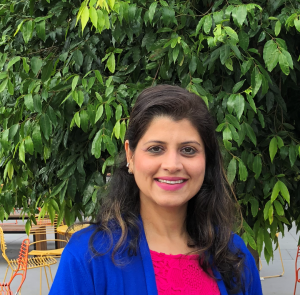
Dr Sarika Kewalra
Dr Sarika Kewalramani is a Senior Lecturer in Education at Swinburne University of Technology. Her research strives to explore inclusive STEM teaching and learning strategies by understanding the needs/barriers faced by teachers while working with students who have additional needs (e.g., EAL, language delays, Autism, ADHD) and how they can improve students’ learning outcomes. Sarika’s specialist expertise is in STEM education and pedagogical practices which is a pathway for cultivating children’s quality educational opportunities. Her research expertise also resides in conceptualising teachers’ understandings of the nexus between creative STEM-based play and using technologies in their teaching and leadership practices and curate educational programs in ways that promote students learning and development. Through her research, she provides exemplars of evidence-based teaching practices to meaningfully integrate technologies (e.g., robotics, the internet of toys and artificially intelligent toys, game-based learning) in developmentally appropriate ways to progress for example disadvantaged students’ language, numeracy, computational thinking and problem-solving skills. Her work is recognised internationally; she is the founder of the ‘All Inclusive Robotics’ (AIR) teacher professional learning program funded by the Victorian Department of Training, School Readiness Funding unit.
Sarika works very closely with teachers, early learning centre directors/principals, community stakeholders, and policymakers (such as OECD, Kingdom of Saudi Arabia MOE, Vietnam MOET) in understanding the future needs and pedagogical ways for integrating technologies in STEM education. She has a comprehensive understanding of best practice evidence-based initiatives for curriculum development – right from conception to implementation within the PreK-12 private and public schooling sectors.
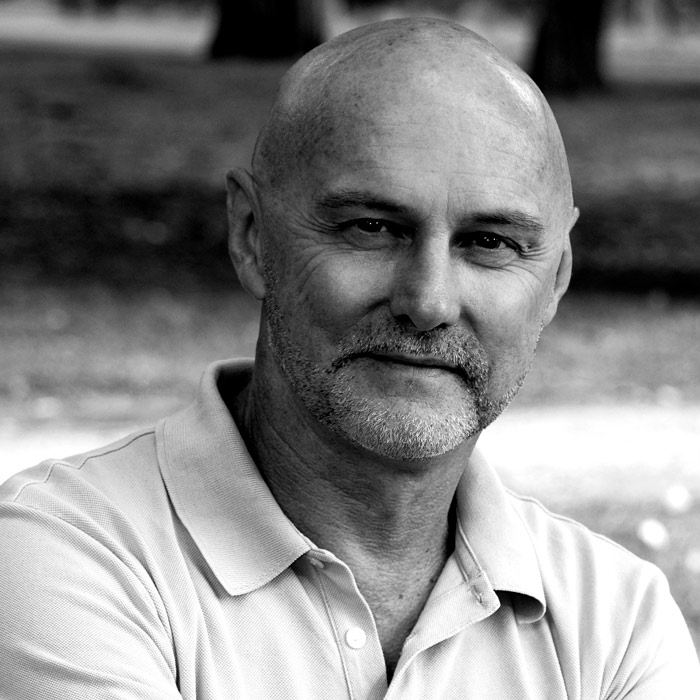
Prof Michael McMahon
Adjunct
Michael McMahon is Professor in Film and Television. He is a screen content producer and founder and first Executive Chairman of Matchbox Pictures Pty Ltd. and has held a range of management and legal positions as well as board appointments including Screen Tasmania and Film Victoria. His film credits include Sadness, The Coming Back Out Again Ball, The Home Song Stories, Lou, Cut Snake and Ali’s Wedding. His television credits include Call Me Mum, Saved, The Slap and series 1 of Nowhere Boys. Michael was presented with the Lifetime Achievement Award by Screen Producers Australia in 2018.
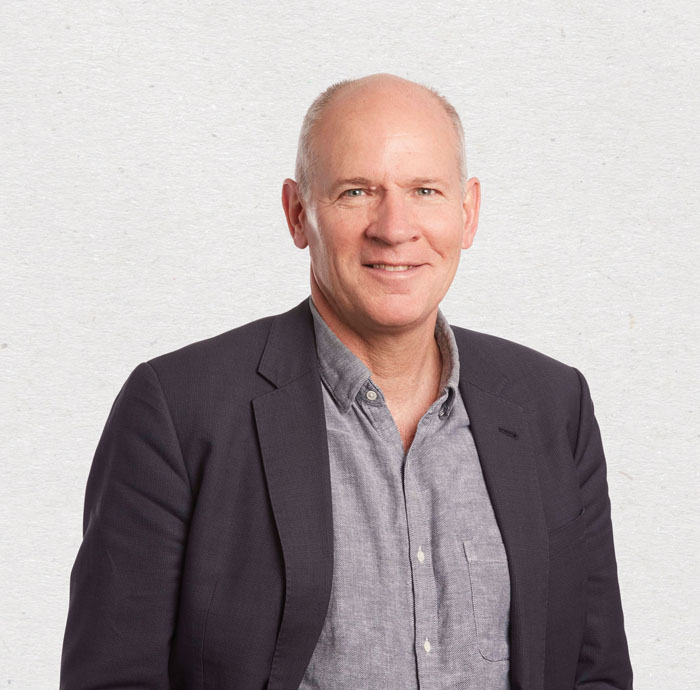
Prof Jock Given
Jock Given researches, writes and teaches about media and communications policy, business, law and history. His work has been published in Telecommunications Policy, Journal of Information Policy, Media and Communication, Business History, Media History, Australian Economic History Review, Historical Journal of Film Radio and Television and Historical Records of Australian Science. His radio documentaries the Crawfords and Television and Ernest Fisk and Wireless were broadcast by ABC Radio National’s Hindsight program in 2014 and 2012. He is also a founding associate editor of International Journal of Digital Television (Intellect).
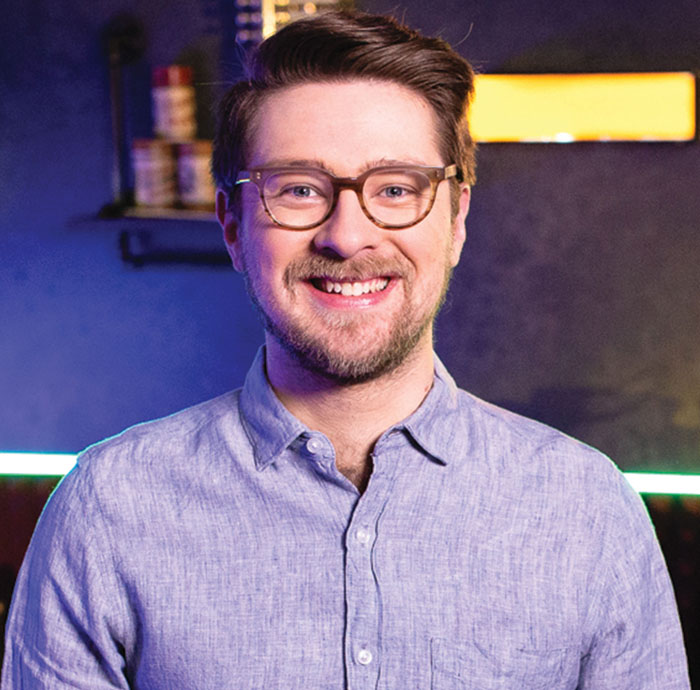
A/Prof Daniel Golding
Daniel Golding is a Lecturer in Media and Communications and is interested in the intersection of media history, cinema, videogames, and music. He co-hosts a podcast about film music called Art of the Score, and his channel has achieved almost one million views. He was the Director of the Freeplay Independent Games Festival (2014-17), and his academic publications include Game Changers: From Minecraft to Misogyny, the Fight for the Future of Videogames (with Leena van Deventer, 2016), Star Wars After Lucas (2019) and he has published articles on VR, cinema, and videogame.
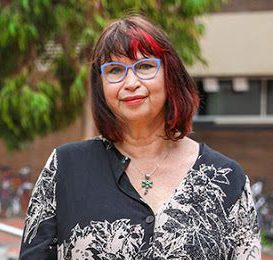
A/Prof Karen Hughes
Karen Hughes is Associate Professor in Indigenous Studies and History. She is the recipient of the 70th Anniversary 2020 Fulbright Scholar Award in Honour of Jill Kerr Conway. Her project tells the story of Indigenous Australian WW2 brides in the USA. Karen’s research embraces the intersecting fields of history, anthropology and gender studies with a focus on Indigenous and minority histories in Australia and North America.
She is currently completing a project with the Ngarrindjeri community of South Australia, to preserve significant photographic and other heritage in an accessible interactive record for members of the Stolen Generations and their descendants, supported by the Stolen Generations Community Repatriation fund, South Australian Government.
Recognised for the quality and impact of her research in Aboriginal and Torres Strait Islander History, Karen has been awarded a 2019 and Research Impact Award (Swinburne), a 2010 Excellence in Teaching Award (Monash) and the 2012 Mary Bennet Award for Women’s History, among other achievements. Before entering academia Karen was an accomplished journalist and documentary filmmaker and she incorporates these attributes into her research and teaching.
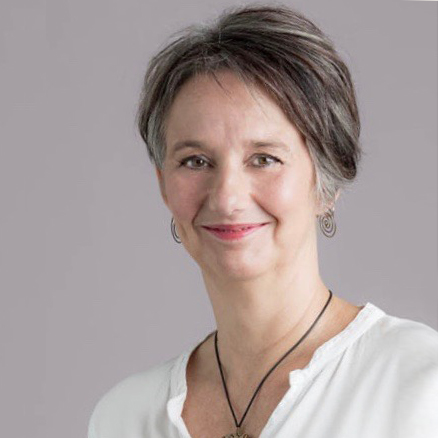
Prof Mia Lindgren
Adjunct
Mia Lindgren is Dean of Arts, Social Sciences and Humanities at Swinburne University of Technology. Her work explores aesthetics and production practices of long form audio storytelling, such as podcasts and radio documentary, in the intersection between health, journalism, and audio narratives. She is chief investigator on two ARC discovery and linkage grants, and two NHMRC projects. Her current ARC project takes a practice-based research approach to experimenting with audio technologies and storytelling devises in reporting of antimicrobial resistance (AMR), also known as superbugs. Mia is co-editor of Radio Journal: International Studies in Broadcast and Audio Media (Q1-ranked; Intellect, UK) and the Routledge Companion to Radio Studies (2021).
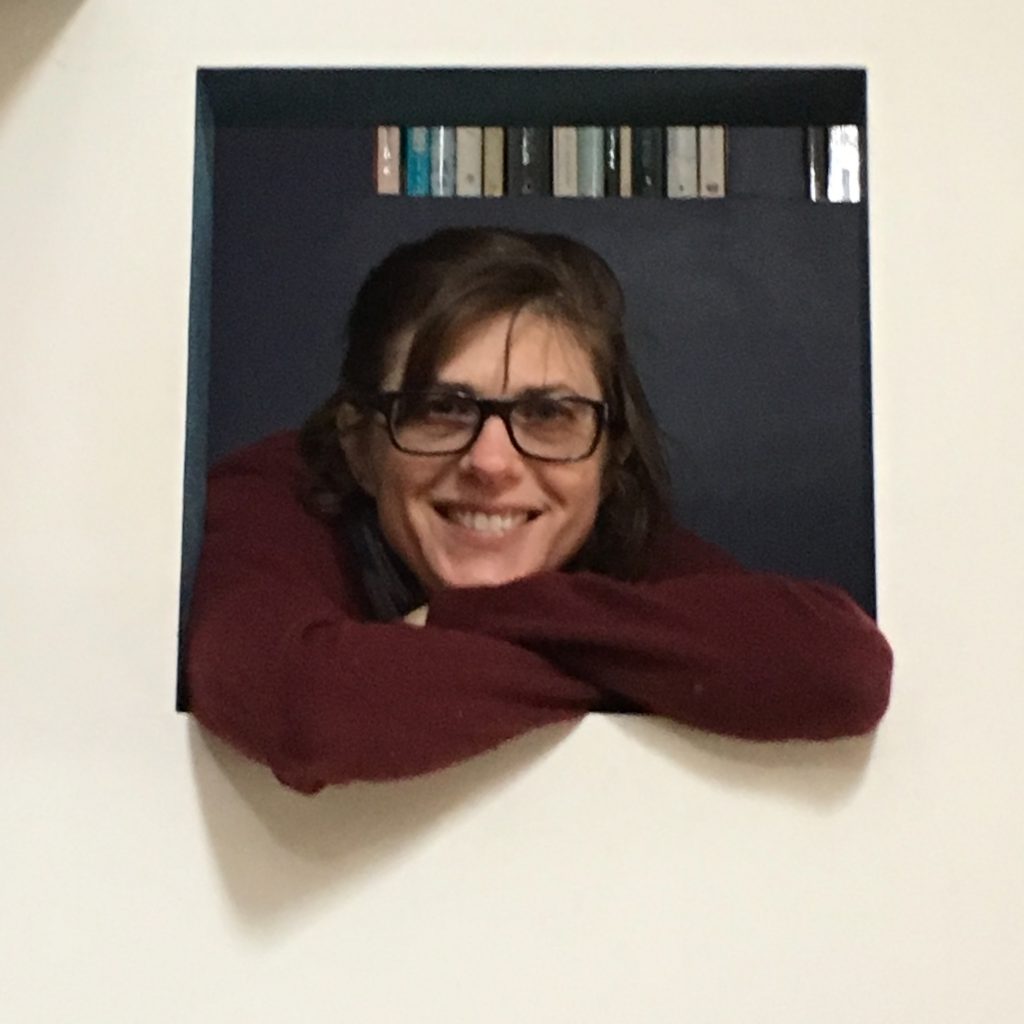
A/Prof Flavia Marcello
Flavia comes to Swinburne after a varied teaching career at Deakin and Melbourne Universities and Temple University’s Rome Campus. While living and working in Rome she developed her expertise on the city and its 2000 + years of history, particularly in the architecture and urban planning of the Italian Fascist period. Her areas of research include: exhibitions, architectural ephemera, spatial practice, architecture as an integral element of urban space, the political uses of the Classical tradition, manifestations of fascist and anti-fascist ideology in monuments and public space. She has just finished a biography of Italian architect Giuseppe Pagano. Most recently, she has been exploring the use of virtual reality as a method for architectural history. She also conducts action research in the role of design to improve health outcomes. Design studios are used to explore new paradigms for aged care, in particular for people with dementia.
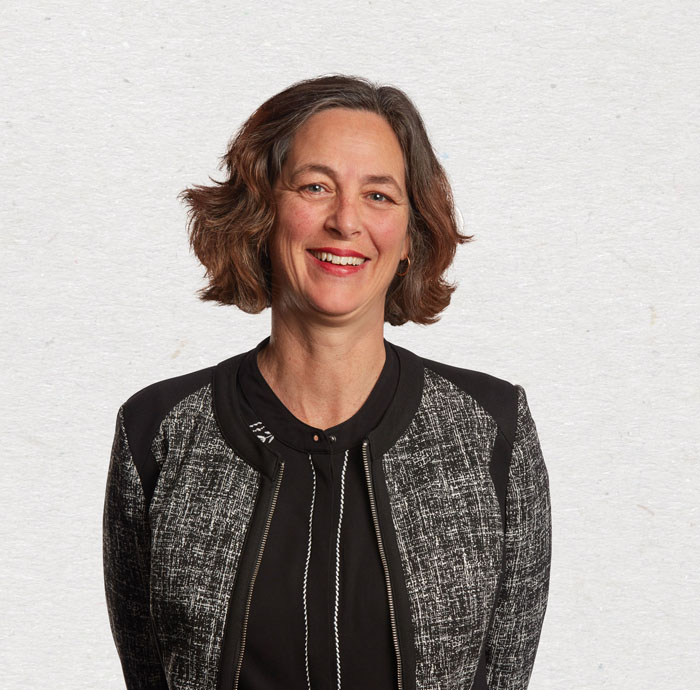
Prof Simone Taffe
Simone Taffe is Professor in Communication Design. Simone worked as a graphic designer and design manager for over fifteen years, including managing the City of Melbourne’s design department. Simone was instrumental in establishing the Swinburne Design Factory, providing an international authentic learning platform for multi-disciplined student teams. Her students work with genuine clients and real-world design scenarios, including branding, websites, games and service designs, so that they are equipped to excel in the workplace. Simone’s research is in co-design and end-user participation in the design process.

A/Prof Max Schleser
Associate Professor Max Schleser is an award-winning filmmaker with expertise in immersive media, documentary film and creative arts 4.0 with a focus on cinematic VR and interactive filmmaking. His research explores screen production, emerging media and smartphone filmmaking for community engagement, creative transformation and transmedia storytelling.
Max’s experimental films, moving-image arts and cinematic VR projects are screened at film festivals, in galleries and museums. He is Co-Founder of the Mobile Innovation Network & Association and Screening Director of the International Mobile Innovation Screening & Festival. He conceptualised and conducted mobile storytelling workshops for a number of city councils and cultural organisations in Australia, New Zealand and the UK.
The Mobile Innovation Network and Association is the longest-running smartphone film festival in the southern hemisphere. The research explores smartphone filmmaking’s continuous innovation, aesthetic refinement and interactions with the most significant questions in the year 2021; the climate crises and creating stories during COVID-19. The curation addressed these through four dedicated screening programs. Situated at the intersection of Digital Media, Film and Screen Production, the research analyses novel screen storytelling practices, including the development towards feature smartphone filmmaking with the screening of One Punch and an online exhibition of mobile 360 videos, mobile cinematic VR & AR projects. As a networking project MINA develops a platform, affinity space and community of practice to enable knowledge transfer and explore current developments in this fast moving-field. The festival is a reflection on the transformation of smartphone filmmaking in 2022 and simultaneously Max Schleser continues to situate smartphone filmmaking the domain of moving-image arts and experimental screen production to provide an intervention to an industry dominated discourse. His curation focused on establishing opportunities for a polyphony of voices to enter contemporary screen culture. As a response to COVID-19 the event was developed into a hybrid festival, including screenings via the platform Xerb.tv.
MINA: www.mina.pro
Max’s show-reel: www.schleser.nz | Behance

Prof James Verdon
James Verdon is Head of Film and Animation. His creative practice spans video installation, moving image for theatre and performance, broadcast television, and experimental film. His current research examines the nexus between the real and screen-based representations of reality, particularly focussing on the technological mediation of this relationship. Verdon has exhibited screen-based work at numerous international venues including University of Southern California, Goethe-Institut in Berlin, and the Bangkok International Film Festival, and nationally at a wide range of venues including the National Gallery of Victoria, The Australian Centre for the Moving Image, Melbourne Museum, and The Australian Centre for Photography.
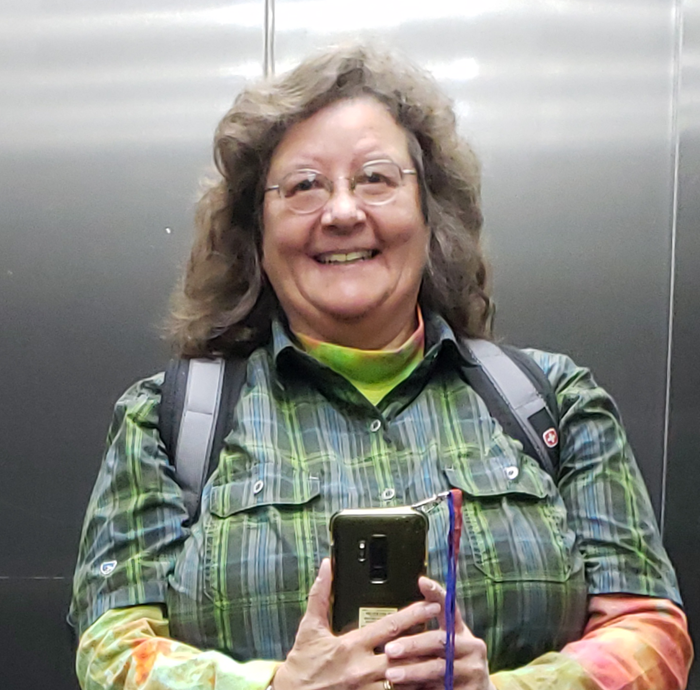
Dr Cynde Moya
Dr Cynde Moya directs the Digital Heritage Lab in the Centre for Transformative Media Technologies. The Lab is a collection of working vintage computer hardware, software, games, and media art. The lab also has facilities to make disk images for use in emulators, and compare the emulated content to it running on the original equipment. This lab was originally set up by Dr Denise de Vries, and is managed by Prof Melanie Swalwell. We welcome collaborations with Swinburne teachers and students interested in learning more about hands-on vintage computing.
Dr Moya is active with the Software Preservation Network, and was elected to serve on the 2021 Coordinating Committee. She also works with SPN’s affiliate projects, Emulation-as-a-Service (EaaS) and Emulation-as-a-Service Infrastructure (EAASI). She is a member of the Australian Computer Museum Society (ACMS) Collections and Cataloguing Subcommittee.
Previously, she served as Librarian/Archivist, Collectons Manager, and then Manager of the Software Preservation Lab at Living Computers: Museum + Labs in Seattle, Washington.

A/Prof Rob Saunders
Adjunct
Rob Saunders is Associate Professor in the Leiden Institute of Advanced Computer Science (LIACS). Saunders studied Artificial Intelligence at The University of Edinburgh and received his Ph.D. in Architecture from The University of Sydney. His research in Computational Creativity explores the role of intrinsic motivation, emergent languages and physical embodiment in the computational modelling of creative processes, creative individuals and creative societies. His collaborative robotic art practice provides a platform for knowledge mobilisation by materially engaging audiences in questions of machine creativity. He is a founding member of the Association of Computational Creativity.
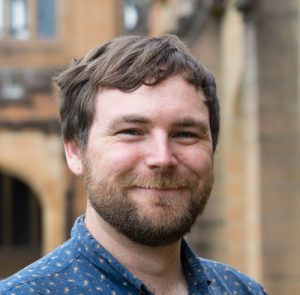
Dr Kyle Moore
Kyle Moore is a lecturer in Digital Media. He researches playful and playable mobile and locative media, exploring the social, cultural, and situated nature of mobile technology, mobile games, and emerging mixed reality technology. He has also been part of a collaborative research team exploring children’s perspectives of digital gaming technologies, cultures, and economies. Currently he is exploring discursive and technical within location-based game design and industries and the commodification of place and play through maps and the underlying infrastructures of mobile gaming.
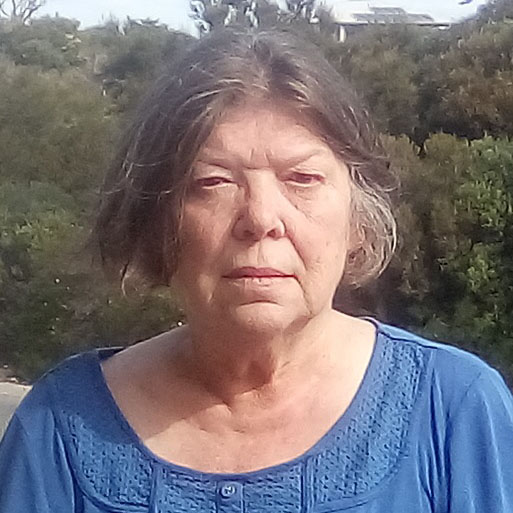
Denise de Vries
Denise de Vries is an adjunct researcher in the Centre for Transformative Media Technologies at Swinburne University. Her research focuses on developing methods for recovering digital objects from obsolete media (cassette tapes, digital tapes, cartridges, 8 inch disks, 5 ¼ inch disks, 3 ½ inch disks, CDs), as well as developing digital forensic methods to better capture the requirements for executing obsolete software in emulated environments.
She established the Computer Archaeology Laboratory, a collection of working legacy hardware and software from the 1980s to the early 2000s, to carry out this research. This is now the Digital Heritage Laboratory at Swinburne University.
Based on her research, she was invited to join UNESCO PERSIST (Platform to Enhance the Sustainability of the Information Society Transglobally). She is on the technology taskforce of PERSIST whose mission is to keep the world’s digital heritage safe and accessible.
She was a CI on the Play It Again Creating a Playable History of Australasian Digital Games, for Industry, Community and Research Purposes”, ARC Linkage, 2012-14 and is currently a CI on Play It Again: Preserving Australian videogame history of the 1990s, ARC Linkage, 2019 – 2021 and Archiving Australian Media Arts: Towards a method and national collection, ARC Linkage, 2019 – 2021.
Denise has collaborated on a wide variety of research projects, both in Australia and internationally. She has been a keynote speaker at several conferences and advised numerous institutions on technical issues that can be encountered during the process of disk imaging obsolete media. Her contributions to digital preservation were recognised in 2022 with the award of a DPC Fellowship.
.

Andrew Lynch


Get in touch!
Contact us






































